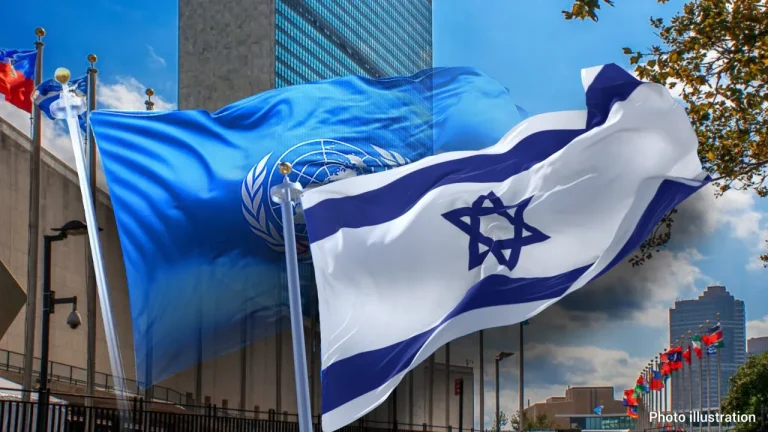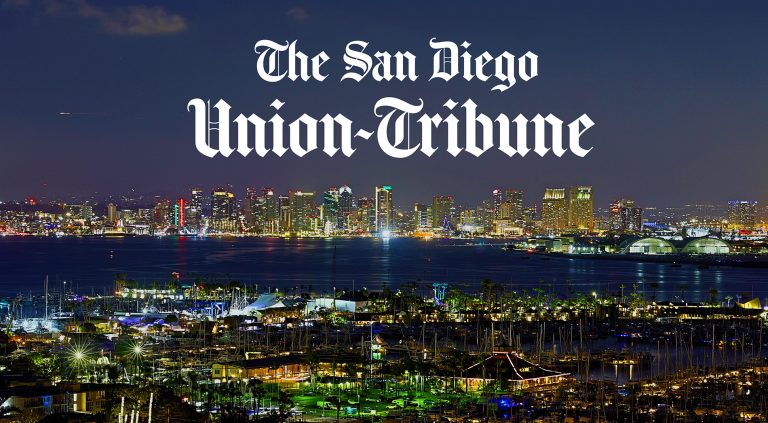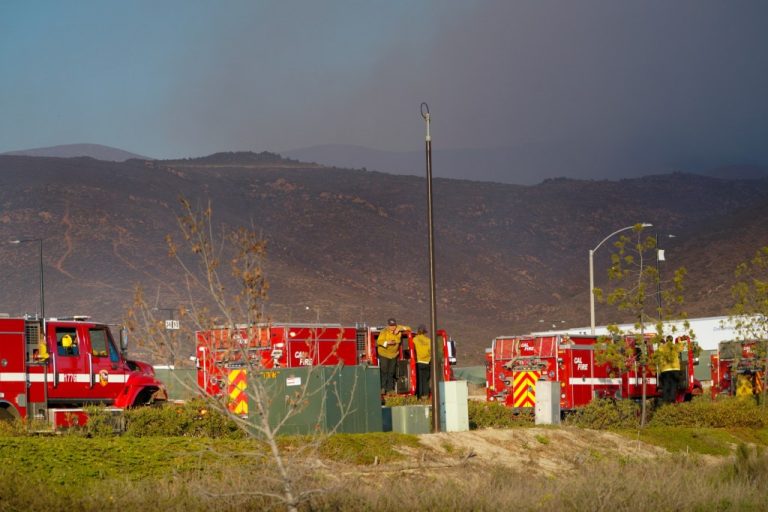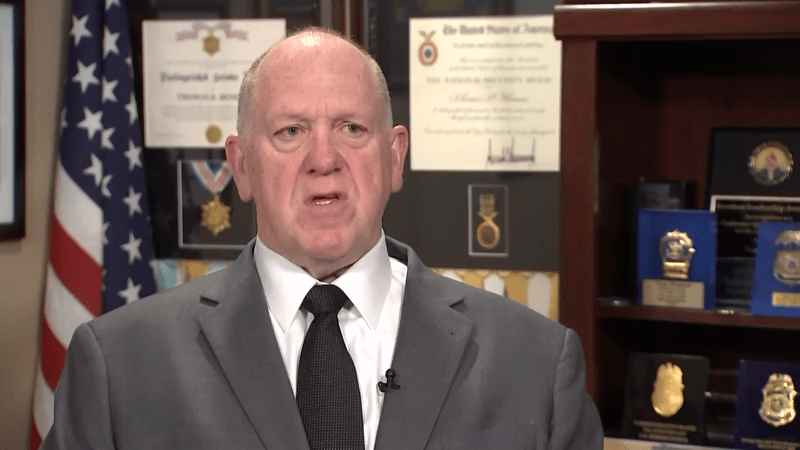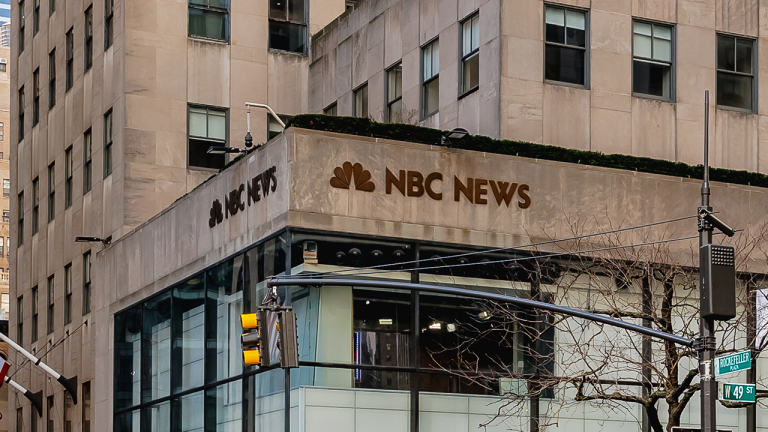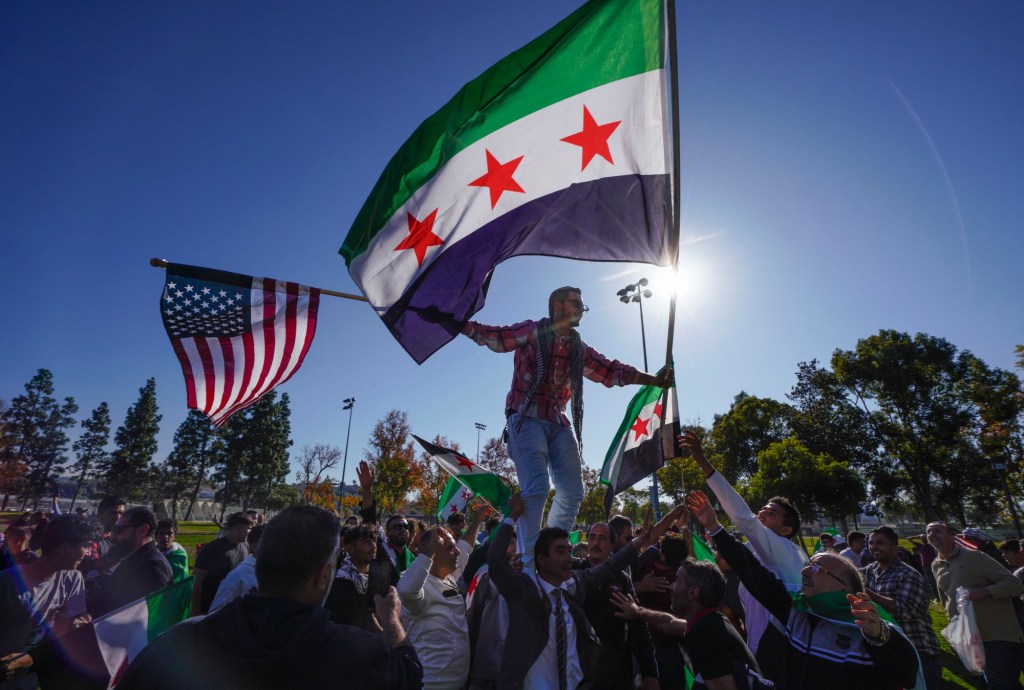
The flag of Syria hangs for the first time near the entrance of Mal Al Sham restaurant in El Cajon. Inside, diners enjoy beef shawarma and tabbouleh while sharing memories of their homeland and discussing a return to a country they never expected to see again.
While most Americans saw the exile of Syrian dictator Bashar Assad as foreign news, it struck much closer to home for many local refugees and immigrants, especially in El Cajon, where the news was met with a spontaneous parade of cars down Broadway and other streets.
The traffic jam might have been a temporary and confusing inconvenience for other drivers, but it was a celebration 50 years coming for many local families.
“They’re very excited, very happy,” said Sita Mlkonyan, a server at Mal Al Sham. “They’re finally getting their freedom.”
The toppling of the Assad regime continues to be a cause for celebration for Syrians across San Diego County, but especially so in El Cajon, which is home to a large Middle Eastern population, including many Syrian immigrants and refugees who fled their homeland following the start of the civil war in 2011.
At Kennedy Park in El Cajon on Saturday afternoon, hundreds of people — young and old, children and their parents — turned out for still another celebration, marked by joyful chanting, singing and the waving of Syrian Revolution flags emblazoned with three red stars. There was even an elaborately decorated sheet cake depicting the black, white and green flag.
“Raise your heads up, you are free Syrians,” the crowd chanted. Later they sang what one attendee described as the Syrian rebels’ version of their country’s national anthem.
The moment was especially poignant for Yahya Alasad Alnaamy, 45, who has lived in El Cajon with his wife and five children for the last nine years. They arrived after he spent a harrowing year in prison in Syria, enduring whipping, electric shocks and verbal abuse, all while confined in a 20-square-foot cell with six other prisoners. So debilitating was his incarceration that the entire family fled to Jordan so Alnaamy could get psychological treatment.

“I was very happy when Assad was kicked out of the country,’ he said, speaking through an interpreter. “My first thought was now I can see my brother who has been in prison for 13 years. Now he will have the chance to get out of prison.”
But it wasn’t to be. Alnaamy learned a week ago that his brother had died in prison in 2014. No cause of death was provided.
Still, he remains jubilant about the prospect of reuniting with his mother, who still lives in Damascus. He hasn’t seen her in 13 years. Two of his seven siblings still live in Syria.
“I feel like I am going to heaven,” he said, lifting his arms skyward. He has booked a flight for a Jan. 1 departure. “It feels like it will be 10 years from now instead of 10 days because I cannot wait.”
More than 14 million Syrians have been displaced since 2011, according to the international Christian humanitarian organization World Vision. President Barack Obama set a goal in October 2015 of accepting at least 10,000 Syrian refugees by the end of fiscal year 2016.
That goal was reached in September 2016 when a man identified as the 10,000 Syrian refugee accepted into the United States resettled in El Cajon.
San Diego County has one of the country’s largest Syrian refugee populations. By July 2018, San Diego had accepted 372 Syrian refugees, just over half of all Syrians who had resettled in California at the same time. County records show more than 400 Syrian refugees have come to San Diego since then, including 97 who have arrived so far in fiscal year 2024-25.
News reports following Assad’s exile have shown prisoners in Syria being freed from grim, stark cells, and the U.K.-based monitoring group the Syrian Observatory for Human Rights estimated about 100,000 died in captivity.
Those were the conditions that Mahmood Shker said his family was fleeing when they left the Syrian capital, Damascus, for Jordan in 2013.
“I’m watching right now the videos on social media, and oh my God,” said Shker, 28.

Shker and his parents moved to the United States in 2016, and in March he opened the Syrian restaurant Abn Al Sham in El Cajon.
It was something he would not have done in Syria.
“If you open a restaurant, they come and say, ‘Hey, give me a thousand (dollars),’” he said. “‘Do you know who I am? I work with the county. I work with the Army. So I want a thousand for nothing.’”
With an aunt, uncle and cousins still in Syria, Shker said he would like to see his family members again, but was never able to return for fear that he would be arrested and either jailed or drafted.
Since the overthrow, he said he has been dancing in celebration every day and has talked to his relatives in Damascus.
“The people are so happy,” he said. “They can go back to work, open their restaurants, go back to school. When they go out, they’re not scared.”
At Mal Al Sham, celebrating Syrian immigrants have performed Dabke dances on the first two Saturdays since Assad left, and Mlkonyan said business has been booming with old and new customers.
Mlkonyan, 34, was born in Iraq, but left when she was 16 because of the war. Her family moved to Aleppo, Syria, where they stayed five years before once again becoming refugees in 2012.
“When the war started, we didn’t have water, no electricity, everything was expensive,” she said.
El Cajon resident Sameer Issa, 20, moved with his family from Daraa, Syria, to Jordan in 2011.
“We were the first people affected by the war, and so we basically just fled,” he said about his hometown. At 7 years old, he and his family walked for hours to the nearest city in Jordan.
Even as a child, Issa said he remembers the fear of living in Syria, where he said people were afraid to even say the word “freedom.”
He was among the people who were in the parade of cars in El Cajon following the news of Assad’s exile.
“It was just celebrations of joy after what everybody suffered in the past,” he said. “It was a weight taken off everybody’s shoulders here, basically.”
While not an El Cajon resident, Charlie Boghosian of Rancho Bernardo is one of the county’s most-recognized Syrian immigrants as the owner of the restaurant Chicken Charlie’s Table and food stands at county fairs.

Boghosian doesn’t have bad memories of Syria, and in fact as a Christian recalls having positive feelings toward Assad because the dictator was not hostile to Jews or people of his faith.
Still, he said his father wanted his family to move to the United States because it would be a better environment for Christians and because he did not want his sons drafted into the Syrian army.
With Assad gone, Boghosian said he is considering visiting Syria for the first time since leaving.
“The thought never entered my mind because I’m AWOL from there,” he said. “I never served my military duty, and if I went back there they’d put me in jail.
“Now I thought, wow, could this really happen? Could I go back and walk the streets that I walked on when I was young and see the buildings and maybe visit the beautiful house I lived in back in Damascus?”
While hopeful, he and other Syrian immigrants say they also are uncertain about what may happen next in their homeland. As Boghosian put it, the Middle East has a history of replacing one dictator with another.
Staff writer Lori Weisberg contributed to this report.


